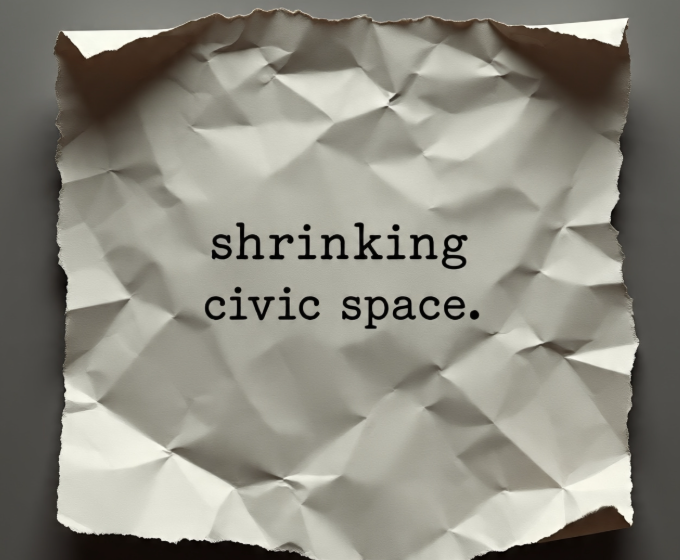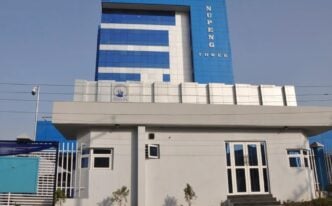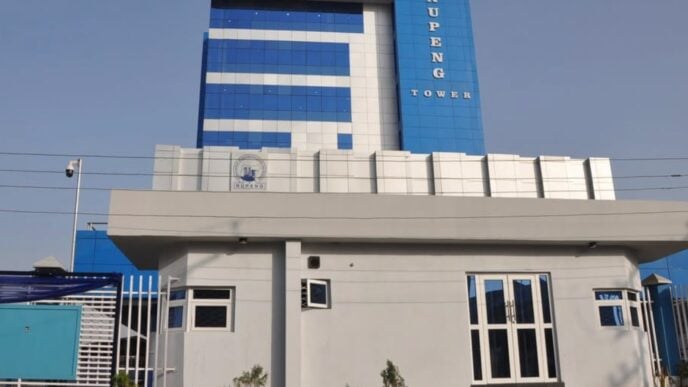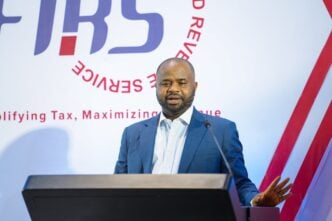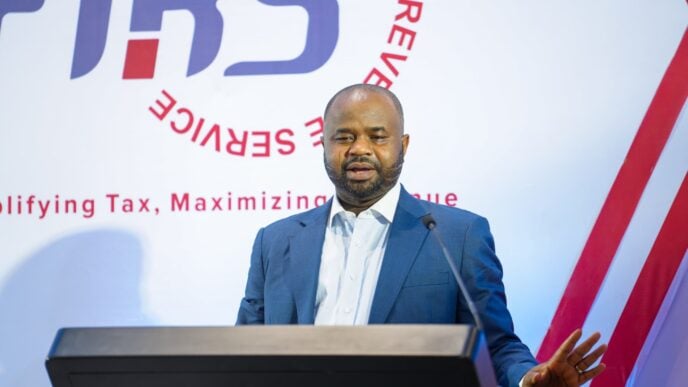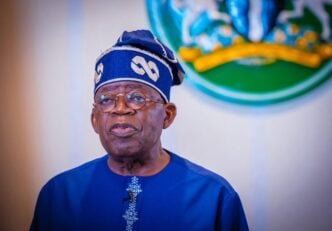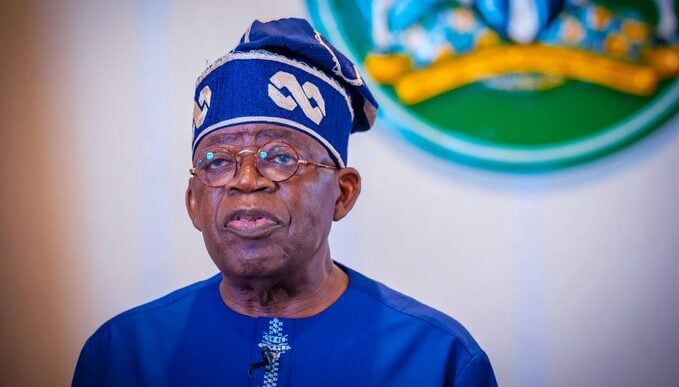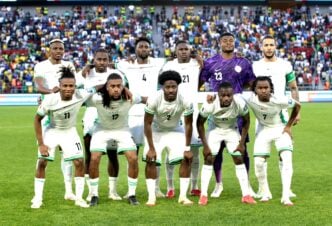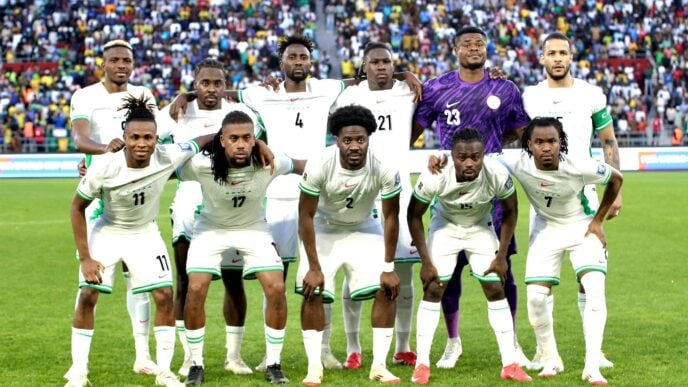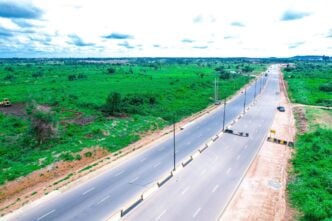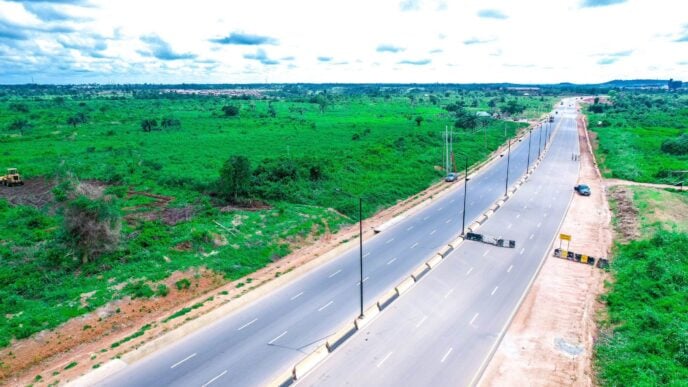Photo credit: Meta AI
BY LEKAN OLAYIWOLA
Nigeria’s civic space transcends courtrooms and crackdowns. It is the invisible architecture that sustains the visible institutions. It is where citizens gather to speak, dissent, organise, and imagine. It is also where the state listens, responds, and recalibrates its legitimacy.
For decades, that space has been eroding through ongoing constriction that threatens both national security and democratic dignity. Angst and grievances expressed by dissenters, journalists, and activists meet surveillance, harassment, and legal minefields under decrees and statutory amendments.
A Historical Arc of Silencing and Survival
Advertisement
From colonial repression to military authoritarianism, the state has often treated dissent as a danger. The post-independence decades were marked by journalists being jailed, protests being crushed, and civil society being treated with suspicion. The fear of disorder, rebellion, or collapse continues to haunt both the state and its citizens, setting the boundaries of Nigeria’s democracy.
Even the return to democracy in 1999 did not erase this legacy; it merely rebranded it. The 2000s brought new legislation: the Cybercrime Act, the NGO Regulation Bill, and amendments to the Companies and Allied Matters Act (CAMA).
Each was framed as a tool for national security or financial transparency. In practice, they often became instruments of surveillance, restriction, and silencing.
Advertisement
CIVICUS Monitor rates Nigeria’s civic space as “Repressed” placing it alongside countries where protests are routinely restricted and media freedom curtailed. Reporters without Borders’ 2024 Press Freedom Index ranks Nigeria 112 out of 180 countries, reflecting a pattern where journalists face intimidation, arbitrary detention, or violence, particularly around election cycles.
Mapping the Shrinkage across Nigeria
Across Nigeria’s six geopolitical zones, the story of shrinking civic space takes different forms but follows the same pattern of mistrust. Each region carries scars, anxieties, and its own form of civic suppression.
In the North-East, humanitarian workers walk a tightrope between service and suspicion amid insurgency. Over 13 million people in the region require humanitarian aid, but restrictions on NGO operations have slowed delivery in conflict-affected communities.
Advertisement
In the North-West, opposition voices face selective media clampdowns, while banditry has displaced more than 500,000 people, making local civic organising fraught.
The North-Central region sees religious movements monitored, sometimes conflated with extremism. In the South-West, youth-led digital dissent — most visibly during #EndSARS — has been met with surveillance and arrests; Amnesty International reported that at least 56 protesters were killed in October 2020 alone.
The South-East lives under the shadow of separatist agitation, where blanket repression often stifles even peaceful civic actors. And in the South-South, environmental justice campaigns in the Niger Delta continue to be curtailed; UNEP estimates that over 40 million litres of oil have spilt into the Delta since 2011, yet activists seeking accountability are frequently branded as threats to economic stability.
The Actors in Tension
Advertisement
Nigeria’s shrinking civic space is systemic, not the fault of one regime. Security agencies, under pressure to curb unrest, mistake dissent for destabilisation. Regulators enforce standards without civic literacy, while citizens and journalists pressing for accountability are cast as adversaries. In this cycle of misrecognition, trust collapses.
Youth digital natives now drive civic engagement. With 122 million internet users (60% under 35) they mobilise online with speed and creativity but face surveillance, algorithmic silencing, and vague cybercrime laws. Nigeria’s future hinges on whether governance embraces digital dignity or entrenches digital control.
Advertisement
Global Lessons in Civic Reclamation
Tunisia, in the aftermath of the Arab Spring, experimented with civic councils to mediate between state and society. South Africa turned to the Truth and Reconciliation processes to rebuild trust after decades of apartheid repression.
Advertisement
Ghana empowered media ombudsmen and civil society coalitions to monitor state behaviour. Kenya developed digital rights charters and civic tech platforms to protect online expression.
These models are imperfect, but they share one lesson: civic space cannot be secured by law alone. It must be sustained through dialogue architecture — frameworks that make both citizens and the state feel seen, respected, and safe.
Advertisement
Free Speech or Defamation?
One of Nigeria’s sharpest civic dilemmas lies in balancing freedom of expression with protection against defamation. Too often, criticism is conflated with libel, dissent with slander.
Court records show that dozens of journalists and activists have been charged under the Cybercrime Act since 2015, frequently for online posts critical of public officials. A restorative legal framework is urgently needed, prioritising mediation before litigation, civic education on responsible speech, and proportional recourse that protects both dignity and dissent.
Rather than removing consequences for harmful speech, this ensures that legal redress does not become a weapon for silencing legitimate criticism.
The Greed–Grievance Undercurrents
Beneath Nigeria’s political and legal struggles lies a deeper, often overlooked trauma. Decades of coups, a brutal civil war, crackdowns, and economic exclusion have taught citizens to speak in code, protest in silence, and organise in shadows. Yet they persist in imagining better futures through art, music, technology, and community organising.
Even as the state doubles down on technical fixes—new laws, tighter bills, more surveillance—citizens continue to generate moral clarity. But in fragile contexts, such fixes do not heal; they harden. Digital alienation leaves youth hyper-visible online but unheard offline, while ethnic scapegoating deflects legitimate civic demands.
Economic precarity, with 42% of Nigerians living below the poverty line, makes dissent a privilege. Legislative opacity passes laws without consultation or comprehension. These fractures leave citizens feeling like outsiders in their own democracy. When citizenship feels conditional, civic trust cannot take root.
A Blueprint for Civic Reclamation
Reclaiming Nigeria’s public sphere requires relational repair, not technocratic reforms; a recognition that the public sphere is not just a legal or political arena, but a relational sanctuary. First, safe platforms must be created for sustained dialogue between state actors and civic voices, both offline and online.
Second, civic literacy campaigns must be prioritised, not only to teach rights and duties, but to cultivate emotional intelligence in democratic participation. Third, media platforms need editorial codes that balance critique with dignity, avoiding both sensationalism and silencing.
Fourth, legal mechanisms must shift toward mediation and proportional recourse, protecting both reputation and freedom. Finally, digital ethics charters are needed to protect online expression while promoting responsible civic engagement.
Choosing Dignity over Division
This is not a plea for government leniency, nor for activist indulgence. It is a call for balance, for a recognition that security and freedom are not parallel lines. Civic space is not a luxury Nigeria can suspend until it “fixes” insecurity. It is the condition of security itself.
If Nigeria can reclaim its civic space with courage and compassion, it will not only protect its democracy but renew its promise. The true measure of Nigeria’s strength is not how tightly it can control its people, but how deeply it can trust them.
Lekan Olayiwola is a peace & conflict researcher/policy analyst. He can be reached via [email protected]
Views expressed by contributors are strictly personal and not of TheCable.
